"This time the end of history has really arrived"
Francis Fukuyama, a senior fellow at Stanford University's Institute of International Studies, says evidence has emerged that the end of history is near.
Friday, 21.10.2022.
10:59
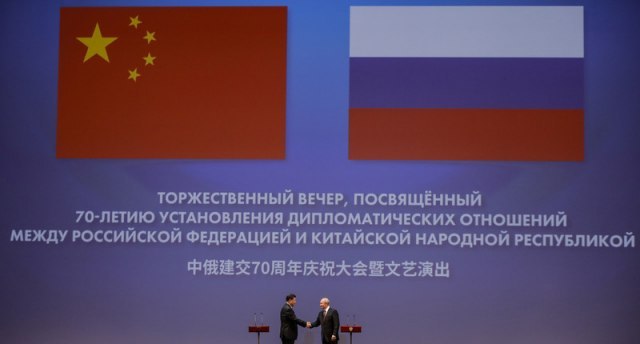
"This time the end of history has really arrived"
Fukuyama, an American philosopher of Japanese origin, is also known for his book "The End of History and the Last Man", which he published in the early nineties, in which he argued that the progression of human history as a struggle between ideologies was largely at an end, with the world settling on liberal democracy after the end of the Cold War and the fall of the Berlin Wall in 1989.In the book, Fukuyama argues that "with the ascendancy of Western liberal democracy, which occurred after the Cold War (1945–1991) and the dissolution of the Soviet Union (1991), humanity has reached "not just the passing of a particular period of post-war history, but the end of historyas such: That is, the end-point of mankind's ideological evolution and the universalization of Western liberal democracy as the final form of human government".
Fukuyama now says that over the past decade, global politics has been shaped by strong states whose leaders were not constrained by law or constitution. Russia and China, for instance. These two countries showed that they are more capable of solving any problem, compared to liberal democracies that are too slow. And that wave spread.
But during this year it became apparent that there are key weaknesses at the core of these strong states. This philosopher points out two such key weaknesses: firstly, the concentration of power in the hands of one leader at the top almost guarantees low-quality decision-making, and over time produces truly disastrous consequences. Secondly, the absence of public discussion and debate in 'strong' states, as well as any accountability mechanism, means that support for the leader is shallow and can erode at a moment's notice.
On the other hand, Fukuyama points out that liberal democracies have withstood all crises throughout history, and people return to that concept because no one wants to live under a dictatorship. Millions of people leaving poor, corrupt or violent countries to seek a better life, not in Russia, China or Iran, but in the liberal, democratic West, demonstrate this well.
According to Fukuyama, the weaknesses of the "strong" states were well reflected in Russia. Russian President Vladimir Putin alone makes decisions - even the former Soviet Union, he says, had a politburo in which a party agent had to check political ideas. Putin could be seen sitting at the end of a long table with his defense and foreign ministers amid fears of COVID-19, so isolated that he had no idea how strong Ukrainian national identity had become in recent years or how fierce the resistance would be to his invasion of Ukraine.
Similarly, he knew nothing of how deep corruption and incompetence had taken root in his own military, how poorly the modern weapons he had developed were malfunctioning, or how poorly trained his chosen command staff was. Fukuyama points out that all the shallowness of Putin's support was revealed when he ordered partial mobilization and when those who fall under it began to flee Russia. Russia has actually become a global object of ridicule and will suffer, Fukuyama estimates, further humiliations from Kyiv in the coming sessions.
The entire Russian military position in southern Ukraine is likely to collapse, and the Ukrainians have a real chance to liberate Crimea for the first time since 2014. Something similar, although a little less dramatic, is happening in China, according to Fukuyama. Instead of collective leadership, China switched to a personalist system, and Xi Jinping secured himself a new, five-year term, the third in a row, which no other senior official can come close to. And that concentration of authority in one person has led to poor decision-making and the country's economy is suffering.
They also failed their "zero covid" policy because China failed to develop effective vaccines, so now what two years ago seemed like a triumphant success in controlling COVID-19, has turned into an aggravating debacle. Such failures of authoritarian regimes are not limited to China and Russia. There is also Iran, which is rocked by protests over the death of Mahsa Amini when she was in the hands of the morality police.
According to Fukuyama, Iran is in a terrible state - it is facing a banking crisis, it is running out of water, it is experiencing a large drop in agricultural production, and it is struggling with paralyzing international sanctions and isolation. The regime is led by a small group of old men whose social attitudes, as he assesses, are several generations out of date.
The only country that can qualify as even more poorly governed is that of another dictatorship, Venezuela, which has produced the world's largest influx of refugees in the past decade.
Fukuyama points out that the United States remains the big mystery in all of this, unfortunately. Some 30 to 35 percent of their voters still believe the bogus story that the 2020 presidential election was rigged, and the Republican Party has been taken over by followers of former President Donald Trump's MAGA movement, who are doing their best to put all deniers in office powers across the country.
The party's alleged leader, Trump, has sunk ever deeper into a conspiracy frenzy that he believes could reinstate him as the president and that the state should criminally punish his presidential predecessors, including one who is already dead, Fukuyama claims.










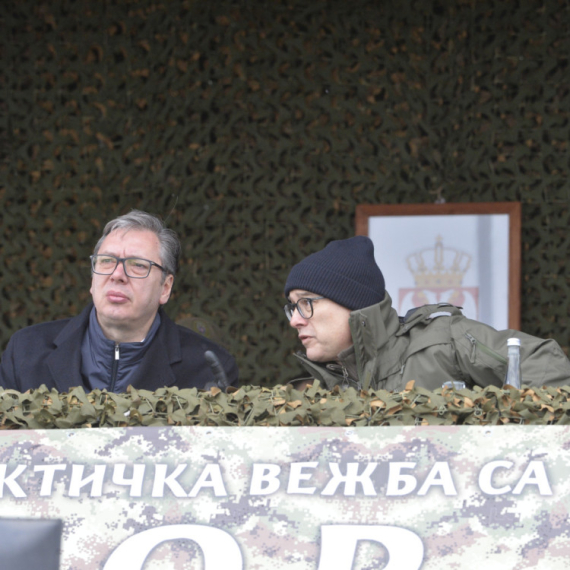
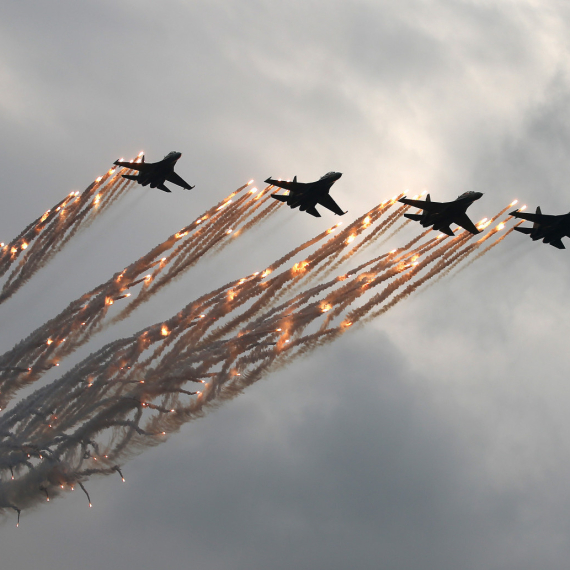
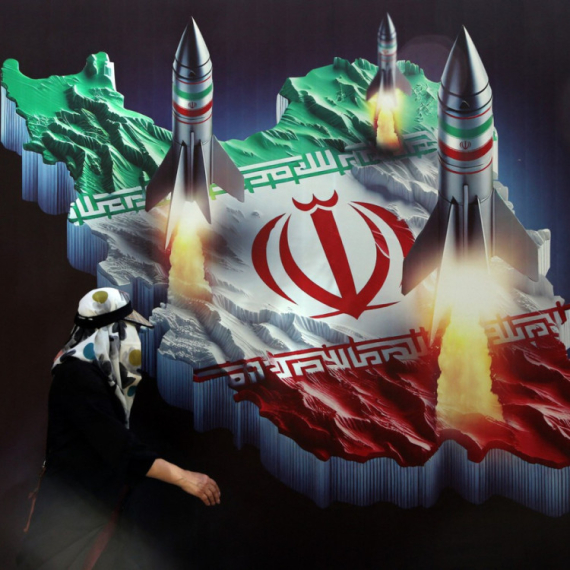


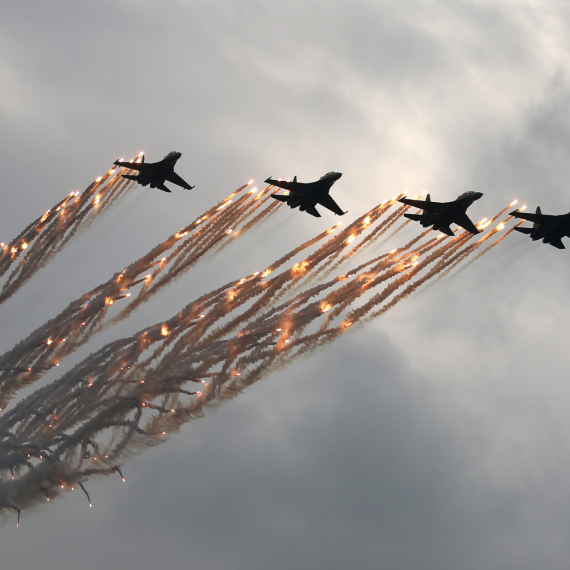
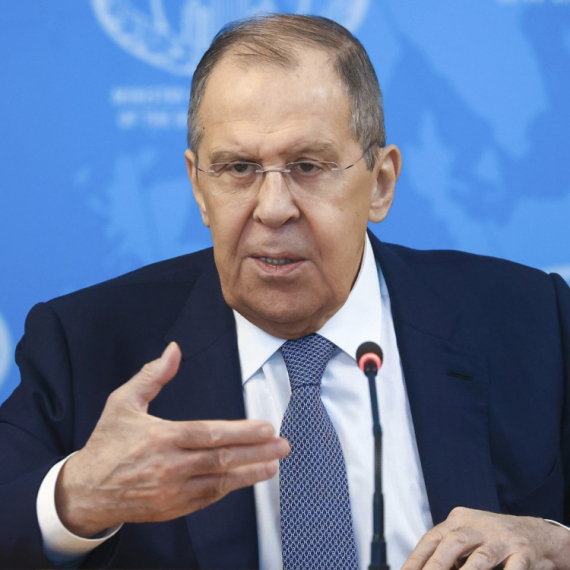
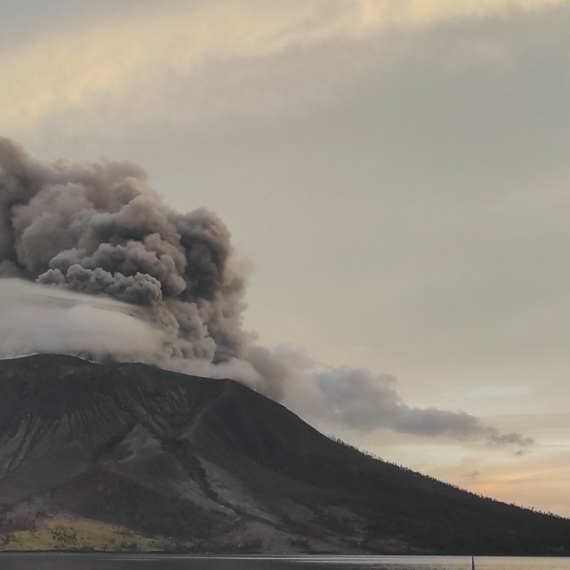

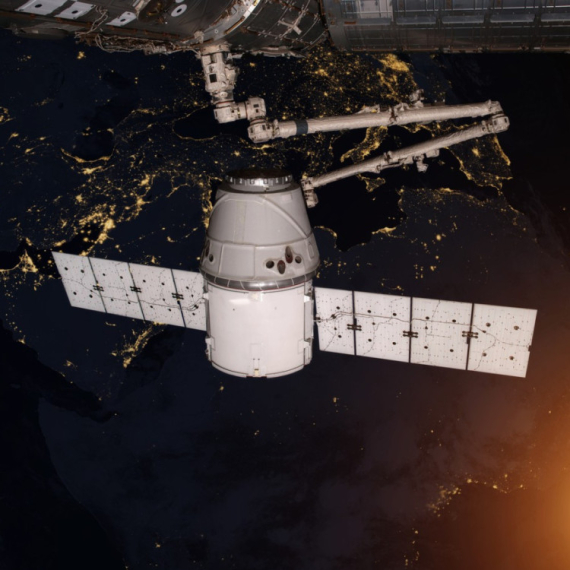







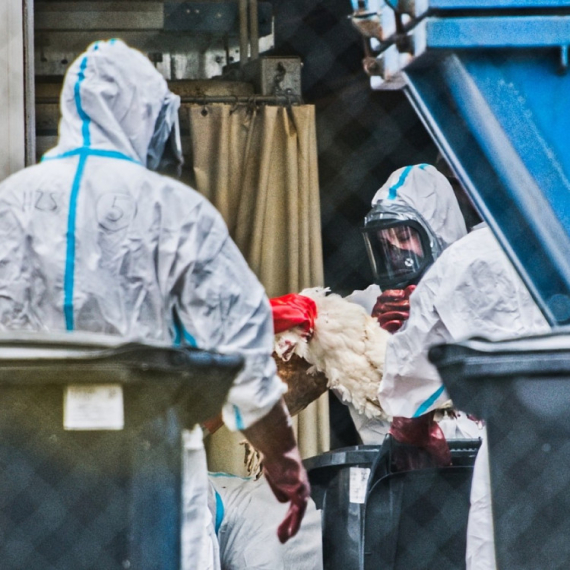














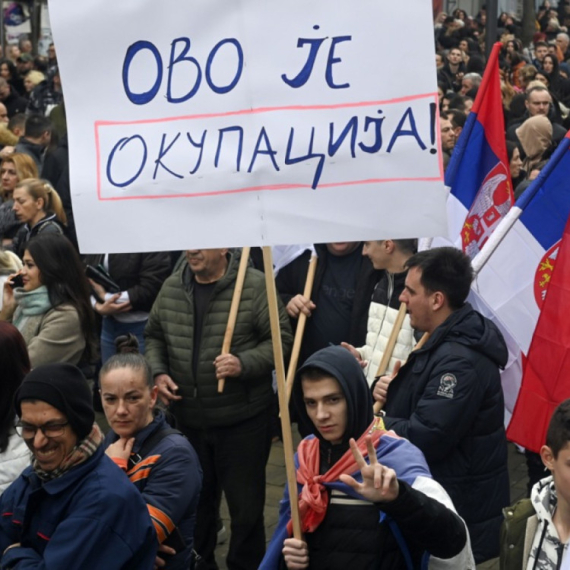











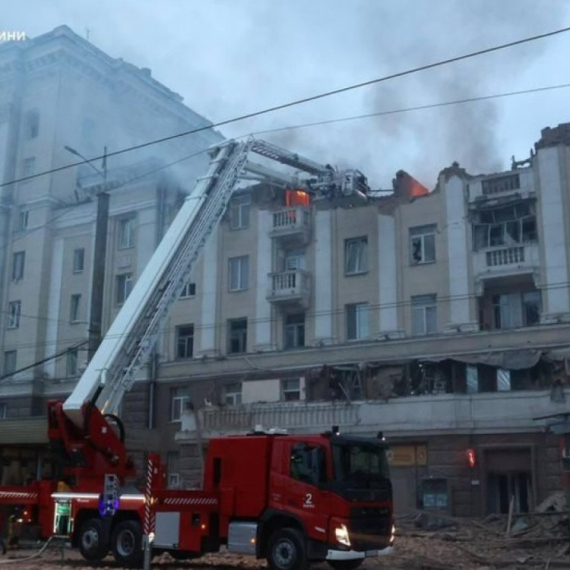




Komentari 2
Pogledaj komentare